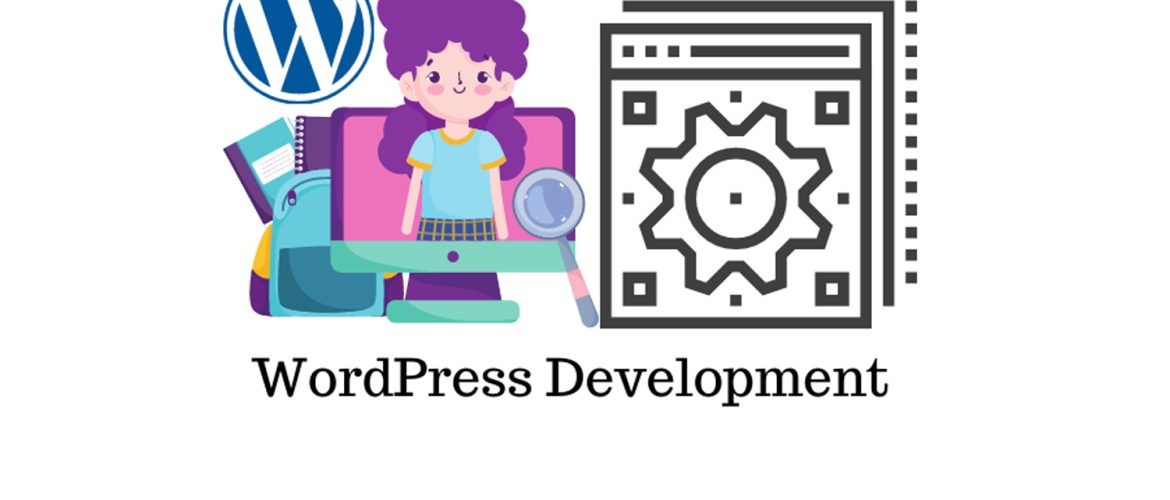If you are looking to learn WordPress in order to develop your website, or someone else’s then you are in the right place. It is effortless to use which is why it is considered one of the world’s most popular website builders.
Learning WordPress will not take up a lot of your time or energy, it is relatively easy to learn and can be easily integrated into your daily activities which practicing daily will strengthen your skills.
However, in this article, we will show you how to learn it if you are on a time-frame constraint. It is fair to say that WordPress development can also be known in a week ( or less if you put in the work and effort).
Why Should You Learn WordPress?
It is one of the most open-sourced content management systems which enables you to create any type of website. It is a safe haven for businesses that are looking for E-commerce solutions online.
It is great for small to medium-sized businesses to widen their customer reach. Writers and bloggers also use WordPress to find e-commerce solutions
What Do You Have to Learn in WordPress?
The first and most important thing is your research and data visualization skills. You should know how to use search engines (googling something is maybe the easiest task on the planet) and be able to follow a set of instructions.
You do not need to learn any coding or programming languages in order to code a website. Although it will help you in the future, you do not need it at the moment in order to learn WordPress development.
Day 1
There are two popular WordPress websites: wordpress.org and wordpress.com.
On WordPress.org you can self-host the website and use various kinds of features on it.
The second step would be to choose your web hosting which is where your website will store its data. This enables users to view and use your website. A domain would cost $25 coupled with web hosting which costs $8 per month.
The third step is to start using a WordPress website.
Day 2
There are some basic WordPress skills that will help you run the software (ps. Install the WordPress software): how to add images, videos, audios, etc. Use the aid of a WordPress dictionary and block editor to better understand the process.
Day 3
Learn WordPress plugins: contact forms, store creation, account creation, etc.
I recommend a WordPress backup plugin, WordPress SEO plugin, and WPForums for your website. This will take a day in exploring and choosing.
Day 4
Choose a WordPress theme to enhance the look of your website. There are thousands of free templates available on WordPress theme directories online. The ideal theme for your website would be balanced between beautiful design and powerful features.
Day 5
Depending on your taste, customize the look and feel of your website. Make it more authentic and distinct from other similar businesses/blogs for better e-commerce solutions.
Day 6
You’re done! Now all you need to do is practice.


